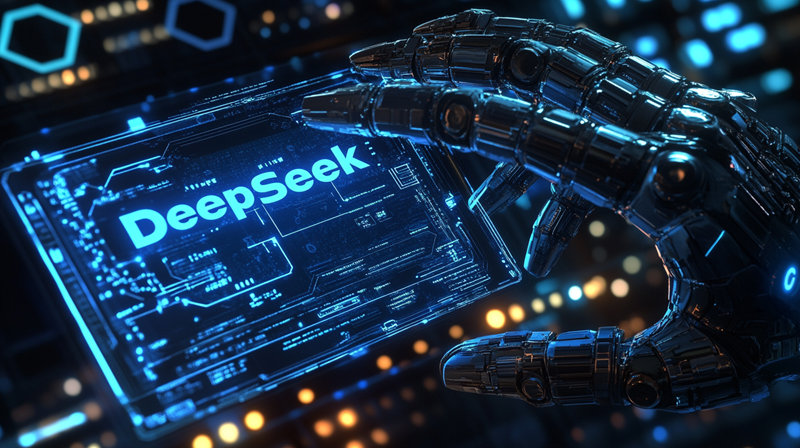In the software development industry, it seems that the main work of developers is not actually writing code. Recent research shows that developers spend only 16% of their working time on coding, while the rest of the time is occupied by various supportive and operational tasks. Under the pressure of enterprises to "achieve more with fewer resources," optimizing developers' working time has become particularly important.

Image source note: The image is AI-generated, and the image licensing service provider is Midjourney
Frequent context switching is a major factor causing low efficiency among developers. According to a survey by Harvard Business Review, digital workers switch between various applications and websites up to 1,200 times a day. Each interruption negatively affects work. Research from the University of California points out that it takes an average of about 23 minutes to regain focus after a single interruption, and nearly 30% of interrupted tasks are never continued.
To address this challenge, the Model Context Protocol (MCP) was born. MCP is an open standard introduced by Anthropic in 2024, aiming to facilitate the integration of AI systems with external tools and data sources. The biggest highlight of MCP is its ability to directly connect AI coding assistants with the tools developers use daily, thereby simplifying workflows and significantly reducing the burden caused by context switching.
For example, in feature development, developers usually need to switch frequently between multiple tools: first checking tasks in the project tracker, then looking at conversations with colleagues, searching for API documentation, and finally opening the IDE for coding. With MCP and modern AI assistants, developers can complete the entire process within the same code editor, simply by retrieving the required information through the MCP server, thus greatly improving work efficiency.
Although MCP has significant potential, the protocol is still under development and faces some security and performance challenges. For example, MCP lacks built-in authentication and access control, so security relies on external solutions. Additionally, when multiple MCP tools are used simultaneously, it may lead to a decline in AI model performance, affecting the smoothness of the workflow.
MCP has the potential to change the way software development is done, by integrating various tools, helping developers focus more on writing code and reducing unnecessary context switching.
Key Points:
🌟 Developers spend only 16% of their working time coding, with the rest dedicated to various support tasks.
🔄 Digital workers switch between applications up to 1,200 times a day, and frequent interruptions reduce work efficiency.
💻 The MCP protocol aims to simplify workflows and improve developers' focus by integrating AI tools with the development environment.










